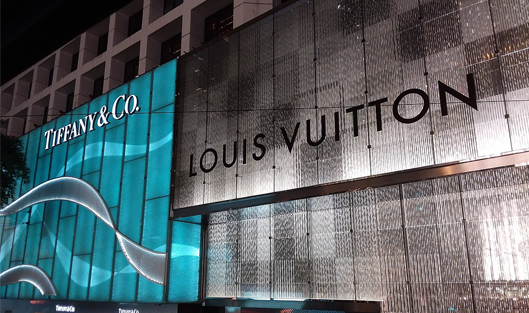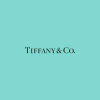
LVMH decided to buy Tiffany & Co. for 15.8 billion dollars
The French party to the transaction intends to end the conflict that arose during the merger of Tiffany & Co. and Louis Vuitton Moët Hennessy over the COVID-19 pandemic and difficulties in obtaining permits from the competition authorities.
On Thursday, LVMH announced that it would pay $131.50 per share of the jewellery brand instead of the original $135. In addition, Tiffany will have to pay its shareholders dividends of $0.58 per share.
In a joint statement, the two companies have assured that they will settle their claims filed in court in September. The boards of directors of the two groups have since approved the revised terms and conditions. This means that the Chief Executive Officer of LVMH will save approximately $425 million when purchasing.
Now the richest man in France has changed his point of view: "We are confident in the enormous potential of the Tiffany brand and believe that LVMH is the right place for Tiffany and its employees", said the CEO of LVMH.
The Chairman of Tiffany also responded that the Board of Directors concluded that a compromise is "In the interests of all stakeholders to achieve certainty in closing the deal".
The deal, which was signed a year ago, nearly broke down in September when LVMH announced that it was difficult to deal with the increasing trade tension between France and the US. Before that, the Executive Director of LVMH had attempted to lower the price of the deal several times, saying that the pandemic had changed the value of Tiffany.
In response, the jewellery brand filed a lawsuit to force the conglomerate to complete the deal on the original terms.
However, the strategic rationale for the takeover remained valid. LVMH had intended to increase its jewellery production, which previously only generated 8% of sales and 6.5% of operating profit for the conglomerate. The rest of the revenue came from "soft luxury" products - bags and clothing by Louis Vuitton, Fendi, Dior and other brands.
The COVID-19 pandemic has shaken the prospects for the luxury goods sector: this year sales fell to 30%. Analysts predict that the recovery will take at least three years.






